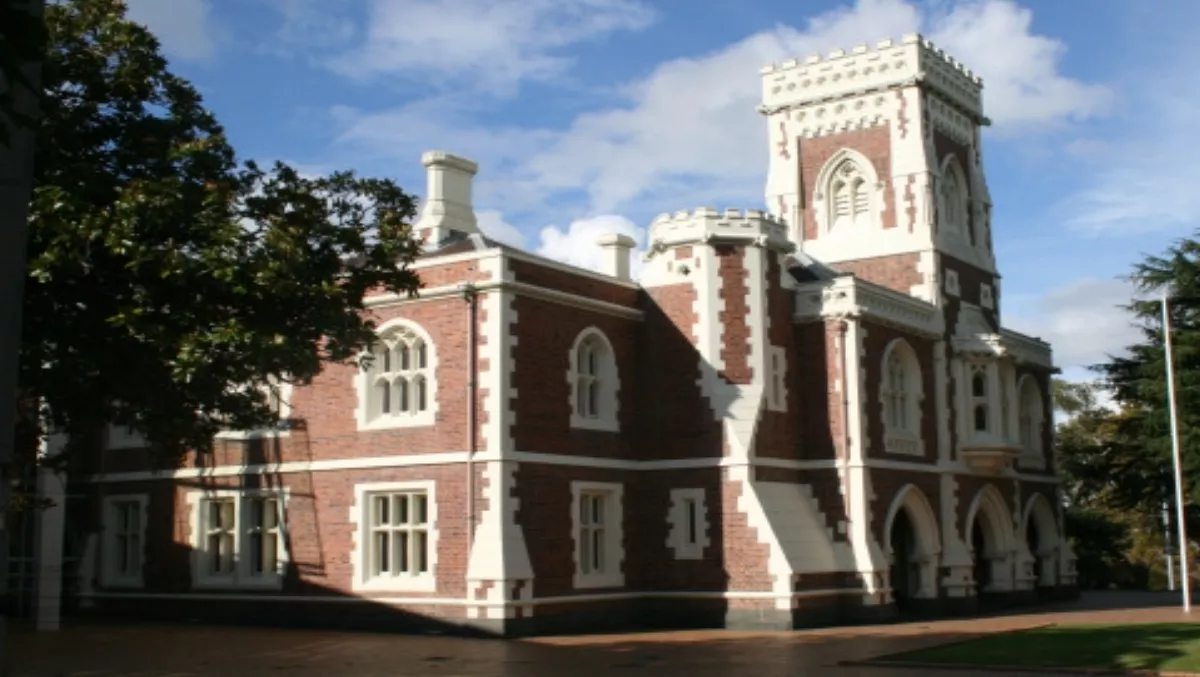
There is little understanding about what difference thegovernment's $1.5 billion Ultra Fast Broadband network will make, says NetSafe executivedirector Martin Cocker.
Cocker was introducing a NetSafe group on the potential ofthe UFB and noted that the purpose of the network had yet to be fullyarticulated. At the meeting Internet NZ policy director Jordan Carter outlinedthe government’s proposal and suggested that the uses for a high-speed network maynot have been invented, yet, but some of the obvious today are telepresence, smartenergy grids, home security monitoring, and Cloud applications.
Selling the benefits of the UFB may be the government’stoughest task, one which ICT Minister Steven Joyce spoke about last week when he outlined some of the measures being taken to drive demand atthe TUANZ Telecommunications Day. He could also start by convincingparliamentary colleagues to support the Court (Remote Participation) Bill – anexample of how a fast fibre national network could drive down the costs of therunning the nation’s court system.
If passed into law it would allow the use of audio visuallinks in criminal and civil cases in courtrooms up and down the country. Itwould be a significant use of telepresence – and the broadband infrastructurethat enables it - because it could potentially mean that a defendant could befound guilty without actually being physically present in court.
In the March print edition of Telecommunications Review Paula Tesoiero, acting general manager ofHigher Courts, claimed it is common for witnesses from withinNew Zealand and around the world to appear in local courts in New Zealand byvideo link. The Ministry of Justice has been a pioneer in the use ofvideoconferencing, which was first installed in the Court of Appeal in 2006.Today audiovisual links are available in over 20 courtrooms and five conferencerooms in New Zealand court buildings.
However those who actively participate in court proceedingsappear to have reservations.
Seven submissions to the Bill have now been posted onlinefollowing its first reading last month and it is due to be debated by the Justice andElectoral Committee in May. The submissions are all from legal bodiesrepresenting lawyers, judges, justices of the peace and community law centres. Almost all query the widespread application of videoconferencing technology, with the Human Rights Commission, New Zealand Law Society and Whitireia Community Law Centre opposed to its use in criminal cases. However, the Family Court Judges comesout in favour of videoconferencing, claiming that it will be especially beneficialfor victims of violence and for those involved in Mental Health (Compulsory Assessment and Treatment) Act 1992 applications.
In the parliamentary debate that accompanied the Bill’sintroduction, it received broad support. But MP Hone Harawira said that althoughthe Maori Party supported the Bill at its first reading, it retained the rightto make a separate decision later in the process and that he personally isagainst it.
“Apparently, travel costs may be reduced if people can video-linkrather than appearing in person; people may feel safer if hoodlums are linkedfrom jail; witnesses may feel safer if they can hook in by video; and cases canbe dealt with in rural areas by video without judges having to travel,” he said.
“But if that’s all this bill has got going for it, then that’sa pretty high price to pay for what is ANOTHER step down the slippery slope inthe denial of fundamental human rights to citizens of this country, and that, MrSpeaker, is what it is.”
Harawira is the Maori Party spokesperson forJustice, Police and Courts – as well as for broadcasting and communications.